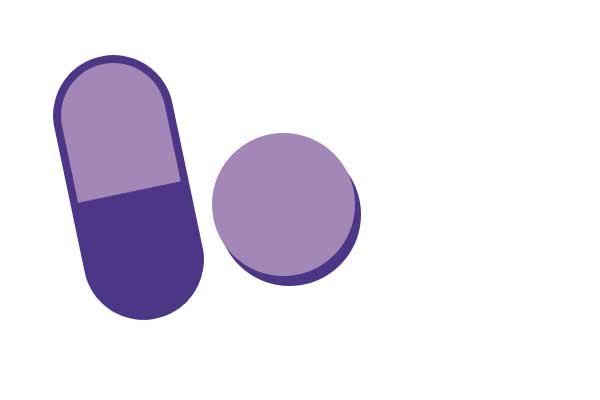Carbagen supply shortage until mid 2019
We have been informed by the Department of Health and Social Care that some preparations of Carbagen (carbamazepine), manufactured by Mylan, will be unavailable until mid to late 2019.
The affected products are:
- Carbagen 200mg and 400mg Immediate Release Tablets – unavailable until mid-2019
- Carbagen 200mg and 400mg Modified Release Tablets – unavailable until late 2019
Consult your GP
Anyone who is currently prescribed Carbagen for their epilepsy will need to consult their GP or neurologist about switching to an alternative version of the medication.
Novartis, the manufacturer of Tegretol which is the alternative brand of carbamazepine tablets, have confirmed that they are able to support additional demand during this time for all affected strengths and formulations.
MHRA guidance
Under guidance drawn up by the Medicines and Healthcare products Regulatory Agency, carbamazepine is a category 1 anti-epileptic medication and those who take it should ideally remain on the same brand.
Because of the supply shortage, doctors have been advised that people taking Mylan Carbagen should be transitioned carefully to an alternative version and should remain on the same dose and release profile.
Professor Ley Sander says
Professor Ley Sander, Medical Director at Epilepsy Society said: "The important thing is for anyone who is taking Carbagen to make an appointment to see their doctor and discuss a plan together. Do not leave it until you are low on medication but give yourself plenty of time to have a chat with your doctor or specialist about any risks and how these are best managed."
People taking Carbagen and their carers, should report any problems with seizure control following the switch to an alternative medication and may find it helpful to keep a seizure diary. They should also report any side effects such as drowsiness, slurred speech, nausea, hallucinations, lack of co-ordination, tremors, seizures, decreased urine production, blurred vision and fluid-filled skin formations.
Clinicians and pharmacists are being asked to identify those people who may be affected and ensure that they are fully supported.
Call our Helpline
If you would like to talk to someone about any issues concerning epilepsy, please call our Helpline on 01494 601400 (Mon-Tues 9am-4pm, Wed 9am-7.30pm).
Find out more
Read the contingency plans from pharmaceutical companies for the supply of epilepsy medication after Brexit.

